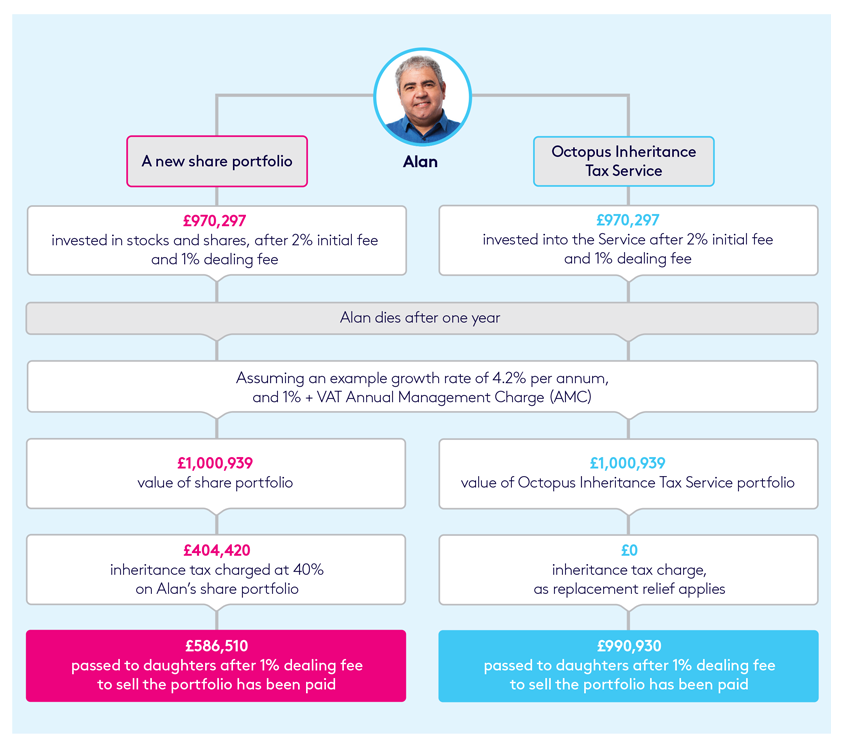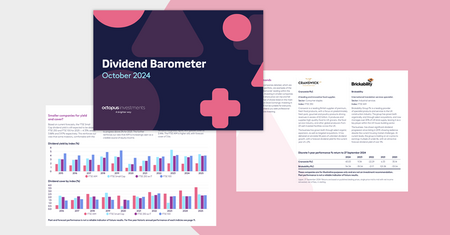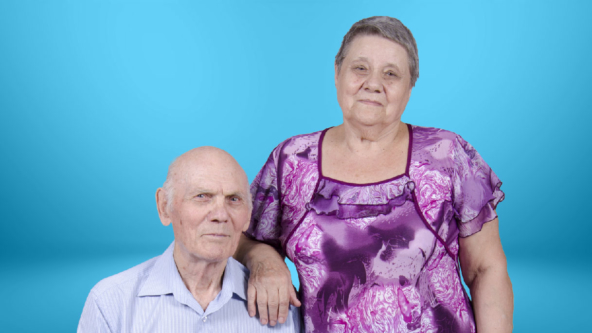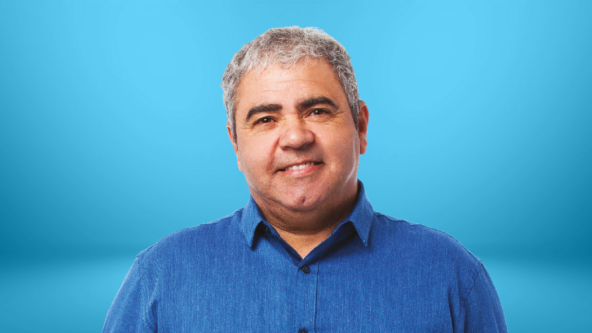Estate planning for clients who’ve sold a business in the last three years
Estate planning
What to do for clients who’ve sold a business in the last three years?
While a family business can be passed on to beneficiaries free of inheritance tax, if a client sells their business they lose that exemption.
Investments that qualify for Business Relief (previously called Business Property Relief or BPR) offer a way for clients who have sold a business in the last three years to invest some or all of the proceeds in an asset that should immediately qualify for inheritance tax relief.
Remember, BR won’t be right for everyone. It puts investor capital at risk and comes with other considerations. We cover the risks in more detail in this scenario.
About this planning scenario
This is a tax-planning scenario designed to help you build appropriate strategies for your clients.
Nothing here should be viewed as advice. Any suitability decisions should be based on a client’s objectives and needs, as well as their attitude and capacity for risk.
Advisers should consider the value of tax reliefs for a client and the impact of charges relevant to the product represented or any product chosen.
Meet Harold

Meet Alan, who sold his business in the last three years
Alan sold his business two years ago for £3 million. He’s a widower and his health has recently deteriorated.
When he sold his business, he invested half of the proceeds to help generate a retirement income.
Alan would like to be able to leave proceeds from his investments to his three daughters without them facing a large inheritance tax bill.
Given Alan’s poor health, traditional forms of estate planning, such as gifts and trusts, may not be suitable because they will take seven years before becoming free from inheritance tax.
Alan’s adviser explains that when Alan owned his company, his shares in the business would have been expected to qualify for Business Relief, meaning he could have left them to his daughters free from inheritance tax. However, the cash he received from selling the business will be subject to inheritance tax because of the size of his estate.
A tax-planning solution
The adviser assesses Alan’s needs and objectives, appetite for risk and capacity to bear losses and deems him suitable for an investment that qualifies from Business Relief. He suggests that Alan invest some of the cash proceeds from the sale of his business in an inheritance tax service.
New investments into BR qualifying shares usually take two years to become free from inheritance tax. However, Alan’s adviser has some good news.
He explains that there is a three-year window during which some or all the proceeds from selling a BR qualifying business can be invested back into BR-qualifying shares. If Alan does this, the new BR qualifying investment should immediately be zero-rated for inheritance tax.
BR qualifying portfolios invest in the shares of one or more unquoted or AIM-listed companies. They are higher risk investments than a portfolio of main market listed equities, and the tax relief is designed to provide some compensation to investors for taking additional risk.
Key risks
Alan’s adviser explains the risks
Alan’s adviser makes it clear that the value of a BR-qualifying investment, and any income from it, can fall as well as rise. He may not get back the full amount he invests.
He also explains that BR is assessed by HMRC on a case-by-case basis, and that this assessment happens when an estate makes a claim. The ability to claim the relief will depend on the company or companies Alan invests in qualifying for BR at the time the claim is made.
Tax treatment will also depend on personal circumstances, and tax legislation could change in future.
While Alan is not expected to need to access this pot of money during his life, the investment will remain in his name, and so he will be entitled to request a withdrawal should he need to.
His adviser makes it clear that withdrawals cannot be guaranteed, as the shares of unquoted and AIM-listed companies can be harder to sell than shares listed on the main market of the London Stock Exchange. Their share price may also be more volatile.
Get in touch with your local IHT expert to discuss this scenario
How it works
How it works in practice
Let’s see how it might look if Alan were to invest in the Octopus Inheritance Tax Service, a service that invests in the shares of one or more unquoted companies expected to qualify for Business Relief (previously called Business Property Relief or BPR).

Please note
- This example is for illustrative purposes only and each investor’s own tax situation may be different.
- For ease of comparison, we’ve assumed identical charging structures, an annual growth rate of 4.2%, and that annual management charges are calculated annually.
- The risk profile of each portfolio, charging structure, and any growth or losses is likely to differ.
- This example does not include any charges paid for financial advice.
- The Octopus Inheritance Tax Service has an initial charge of 2%, a deferred AMC of up to 1% + VAT and a dealing fee of 1%. AMC is calculated daily.
- This example assumes that the investments will be held until death and the nil rate band is offset against other assets.
Find out more about how the Octopus Inheritance Tax Service could help clients like Alan
Other scenarios










